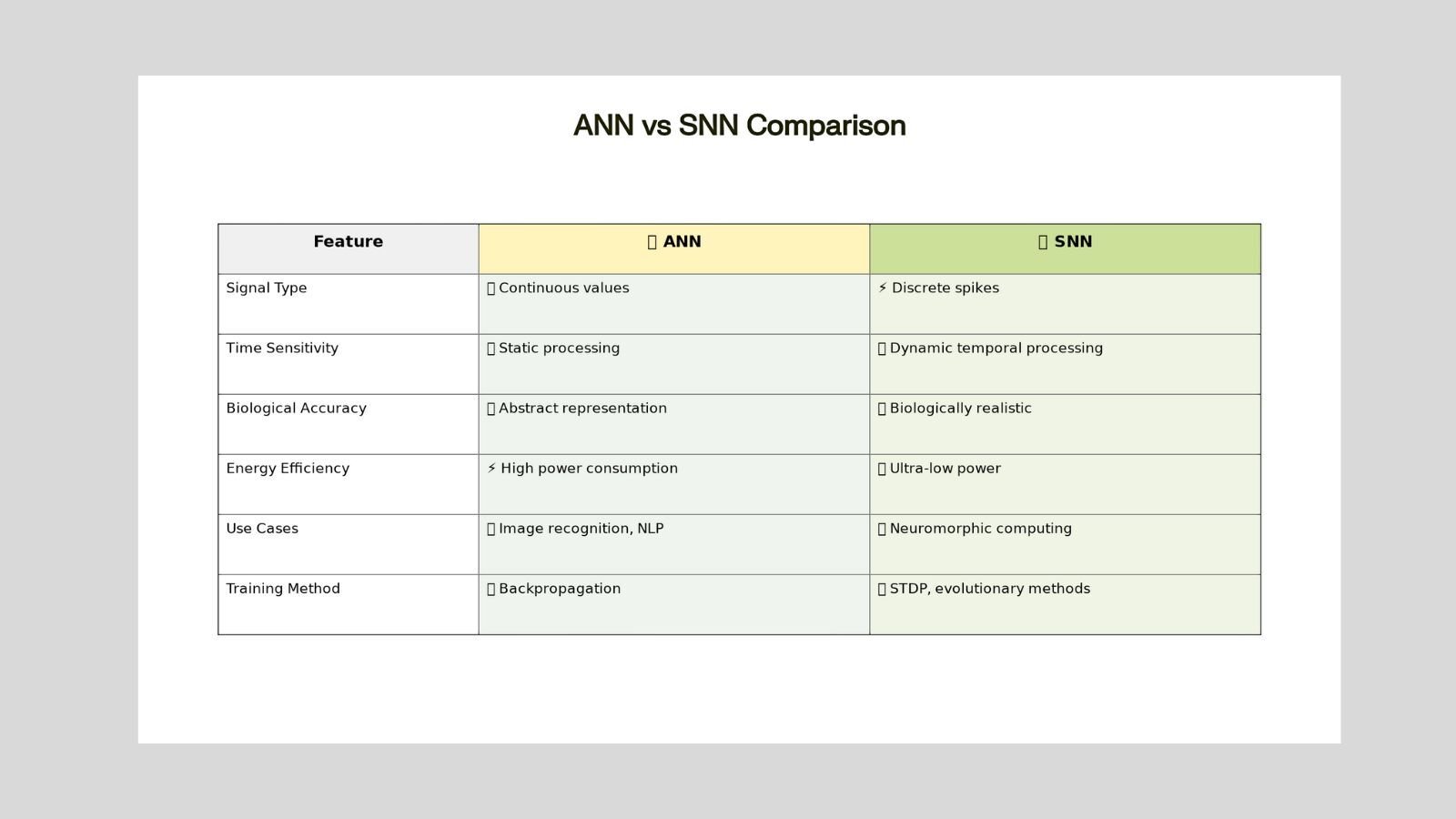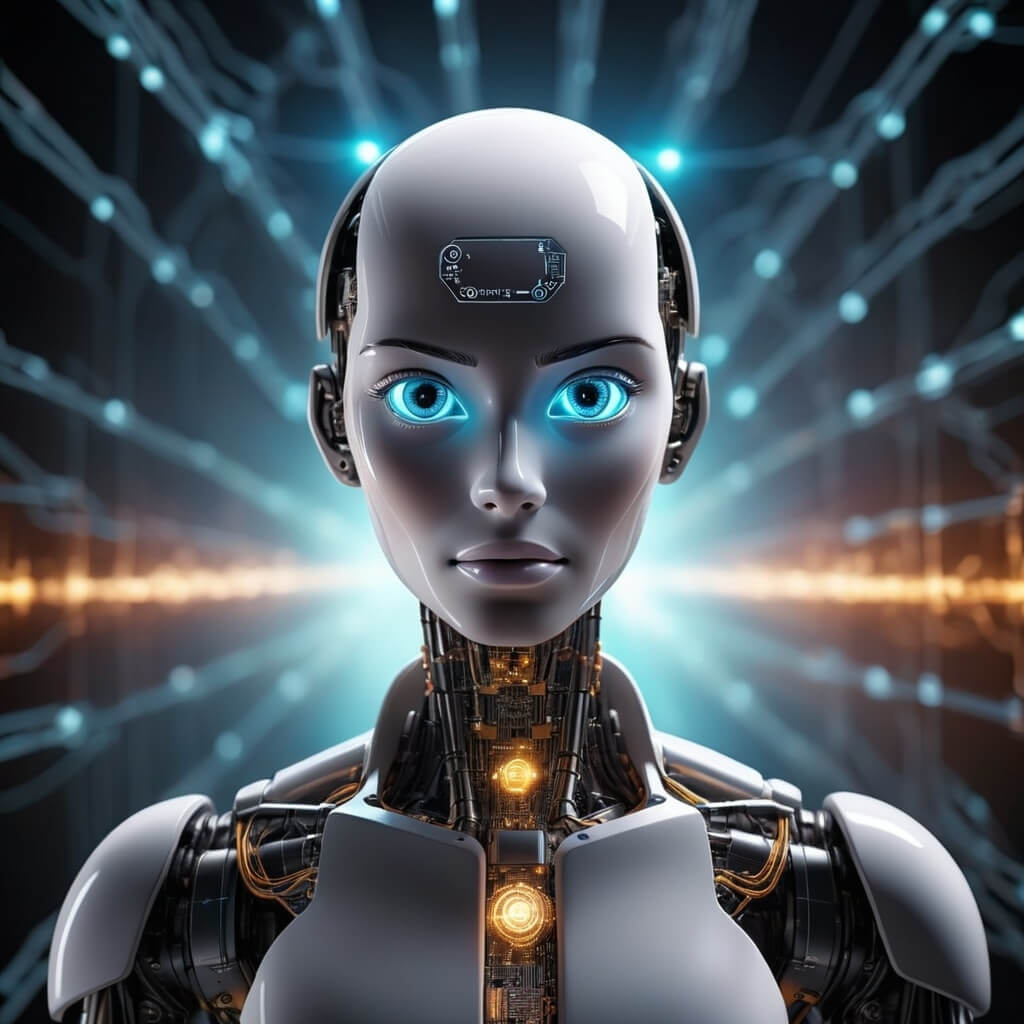
The Success of Artificial Intelligence: Reality vs. Marketing Myths

Artificial intelligence power or illusion?
Artificial intelligence (AI) is increasingly portrayed as a revolutionary solution to nearly every problem from business automation to disease diagnosis. But is AI’s success overstated? In many cases, yes. AI is often used as a tool for PR campaigns and tech hype, while the fact that AI still requires significant refinement and improvement is overlooked.
Where AI excels and where it doesn’t
While AI delivers impressive results in areas such as:
- Natural Language Processing (NLP)
- Big data analysis
- Routine task automation
… its application in more complex domains like:
- Medical diagnostics
- Climate solutions
- Ethical decision-making
is still far from reliable or safe. Many AI systems depend on human oversight, are vulnerable to data bias, and often operate on limited or unverified datasets.
AI hype vs. real potential
Instead of relying on sensational headlines and promises, it’s crucial to:
- Realistically assess the capabilities of AI
- Invest in responsible AI development
- Distinguish between potential and current reality
AI hallucinations in medicine: a hidden threat
One of the most dangerous issues in applying AI to healthcare is the phenomenon of AI hallucinations, instances where the system generates convincing but inaccurate or fabricated information.
Why AI hallucinations in healthcare are especially risky?
- False diagnoses and treatments: AI may suggest nonexistent conditions or incorrect medications.
- Fabricated medical sources: Systems sometimes cite studies or authors that don’t exist.
- Misinterpretation of symptoms: This can lead to incorrect conclusions and delayed treatment.
- False sense of security: Users may overestimate the accuracy of AI-generated recommendations.
That is why AI tools in medicine must be used only under the supervision of qualified professionals, and their outputs must always be verified. Trust in technology should never replace clinical judgment and responsibility.
Quiz: How Well Do You Know AI?
-
Can AI make ethical decisions on its own?
-
What are AI hallucinations?
-
In which field does AI most often hallucinate?
-
What is the best way to use AI in healthcare?
-
What's the key difference between AI hype and reality?
Correct Answers
- No, always with human oversight
- False information generated by AI
- Medical diagnostics
- With clinical review and supervision
- Reality includes limitations


